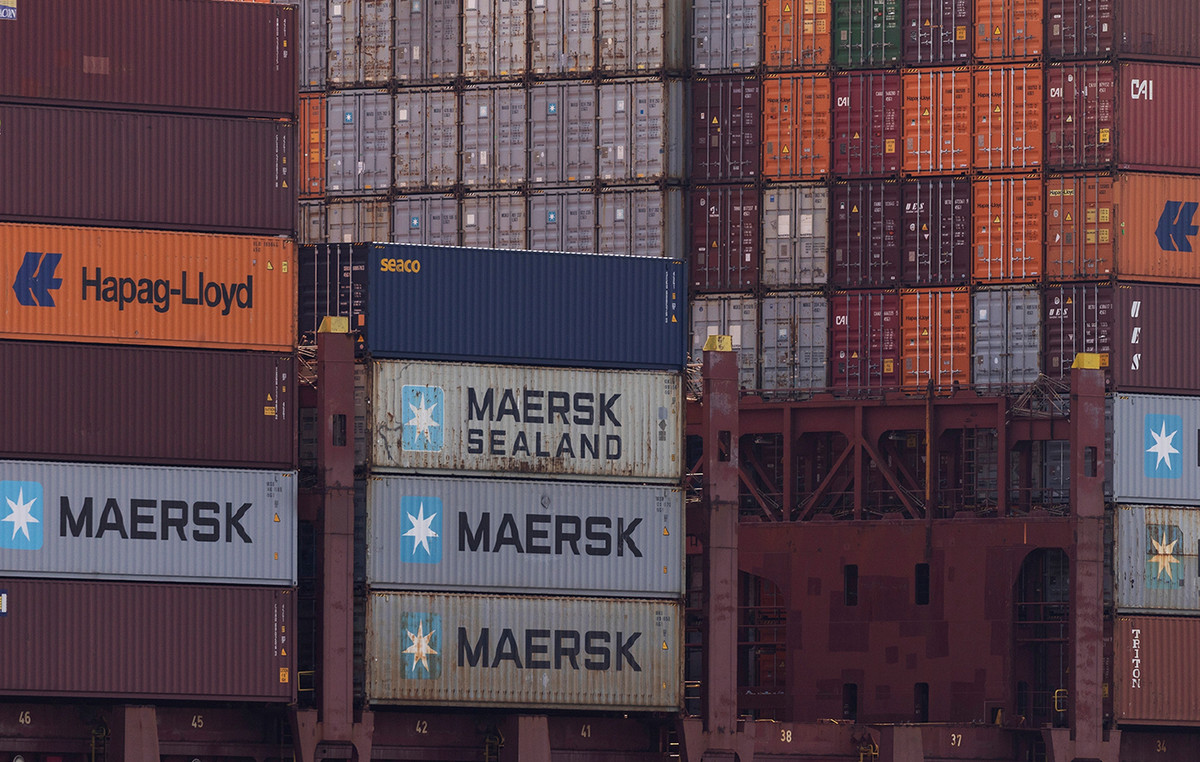“The textile industry has always been one of the most important productive sectors of the Greek economy, it produces national wealth, it employs thousands of workers, it significantly increases exports and tax revenues. It is therefore entitled to ask the state for the support it deserves. , so that it can offer more “.
Eleftherios Kourtalis, president of the Association of Greek Textile Manufacturers, stated the above at the annual general assembly of its members on June 22, 2022, focusing on the auspicious prospects of a highly extroverted productive sector, which is on the path of recovery. textile, from the rest of Europe, favor its immediate and dynamic restart.
According to what Mr. Kourtalis pointed out in his speech, in times of crisis, the weakest states, to which Greece is included after fifteen years of successive trials, have a more difficult task. For this reason, it is necessary to implement, immediately, a medium-long-term development program, of wider social acceptance with main axes:
– The transformation of the productive base of the Greek economy, with targeted and not horizontal, aid, in order to address, more quickly, its long-term structural backwardness.
– The systematic re-industrialization of the country, with the rational utilization of the resources of the Recovery and Sustainability Fund, but also of the national savings that, today, are outside the production process.
In this context, according to the president of SEVK, the textile industry, a dynamic and extroverted sector, can play a decisive role.
Referring to the course of the European and Greek economy, Mr. Kourtalis underlined: “The European economy is at a particularly critical juncture (war with uncertain end date, energy and food threat, inflationary pressures, tightening of EU monetary policy and rising interest rates With the energy crisis dividing Europe and sharply increasing the cost of doing business, with the arrhythmias of its supply chains causing a rift throughout the production process, the concern is intensifying.At the same time, the state of the Greek economy is particularly vulnerable.
The long-term structural backwardness of our economy has not been overcome, despite the three Community memoranda and persistent austerity, making it very difficult to meet the new challenges (climate change, geopolitical competition, high defense spending). “As uncertainties on the international horizon multiply, the risk of a new debt crisis in the Community’s South increases.”
Regarding the textile industry, 2021, according to Mr. Kourtalis, was a good year that could be considered as a starting point for a general recovery of the industry. In 2021, total textile exports reached 1.293 billion euros, an increase of 42.1% compared to 2020. In particular, exports of textile raw materials increased by 76.5% while exports of processed products increased by 13 , 9%. Total textile imports increased by 14.6%. The development of the foreign trade of the products of our sector, during the first quarter of 2022, in relation to the corresponding period of 2021, is also encouraging, as their exports increased by 10.2%.
According to Mr. Kourtalis, the main demands of the sector include, among other things, the treatment of the increased price of energy, which now enters, by 60-70%, in the final cost of the textile products, the provision of sufficient liquidity. to meet the increased need for working capital, due to rising prices of raw materials, which will give valuable breath to a number of textiles that are threatened with closure. Postponement for 2023, of the repayment of the installments of the advances that were foreseen to be made in 2022 and reduction of the 1st and 2nd repayable advance, by 50%, as was done for the 4th and 5th. Zero Special Consumption Tax (SCT), for the sector of which most companies are zero. Wider participation of the textile industry in the resources of the European Recovery Fund, for technological modernization and diversification of production, final abolition of the solidarity contribution and reduction of ENFIA by 20-30%.
Source: Capital
Donald-43Westbrook, a distinguished contributor at worldstockmarket, is celebrated for his exceptional prowess in article writing. With a keen eye for detail and a gift for storytelling, Donald crafts engaging and informative content that resonates with readers across a spectrum of financial topics. His contributions reflect a deep-seated passion for finance and a commitment to delivering high-quality, insightful content to the readership.







